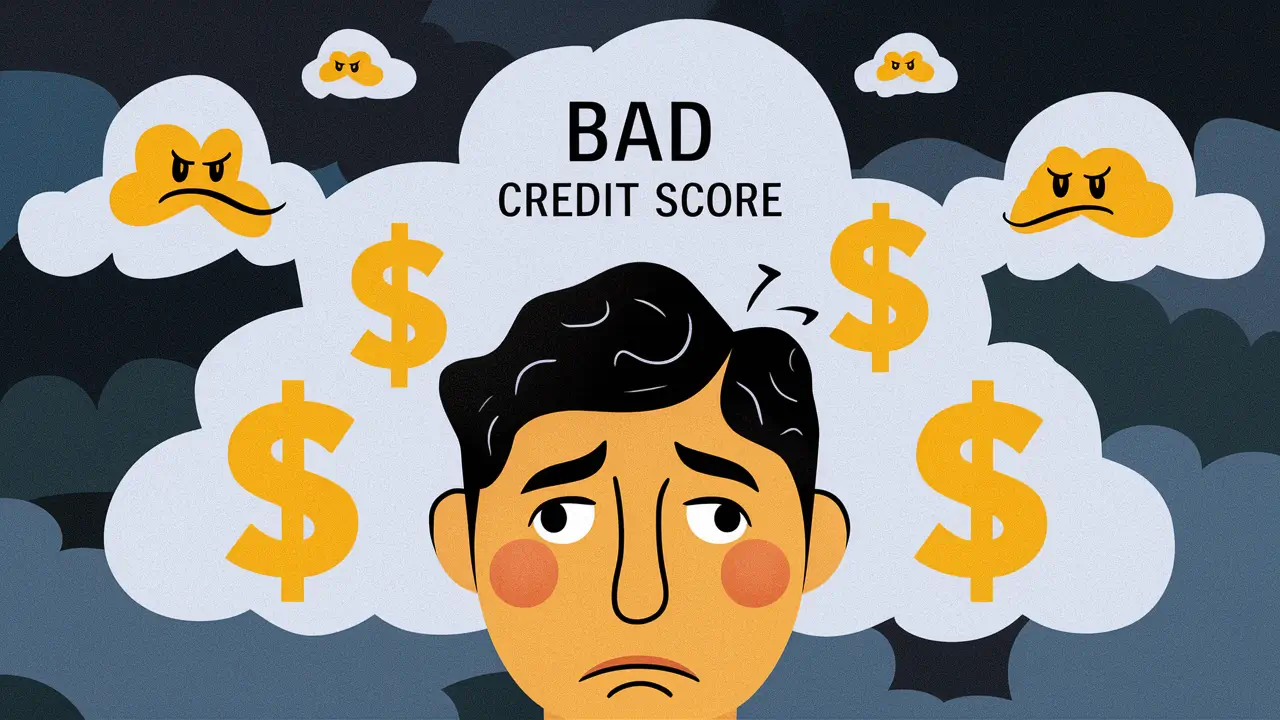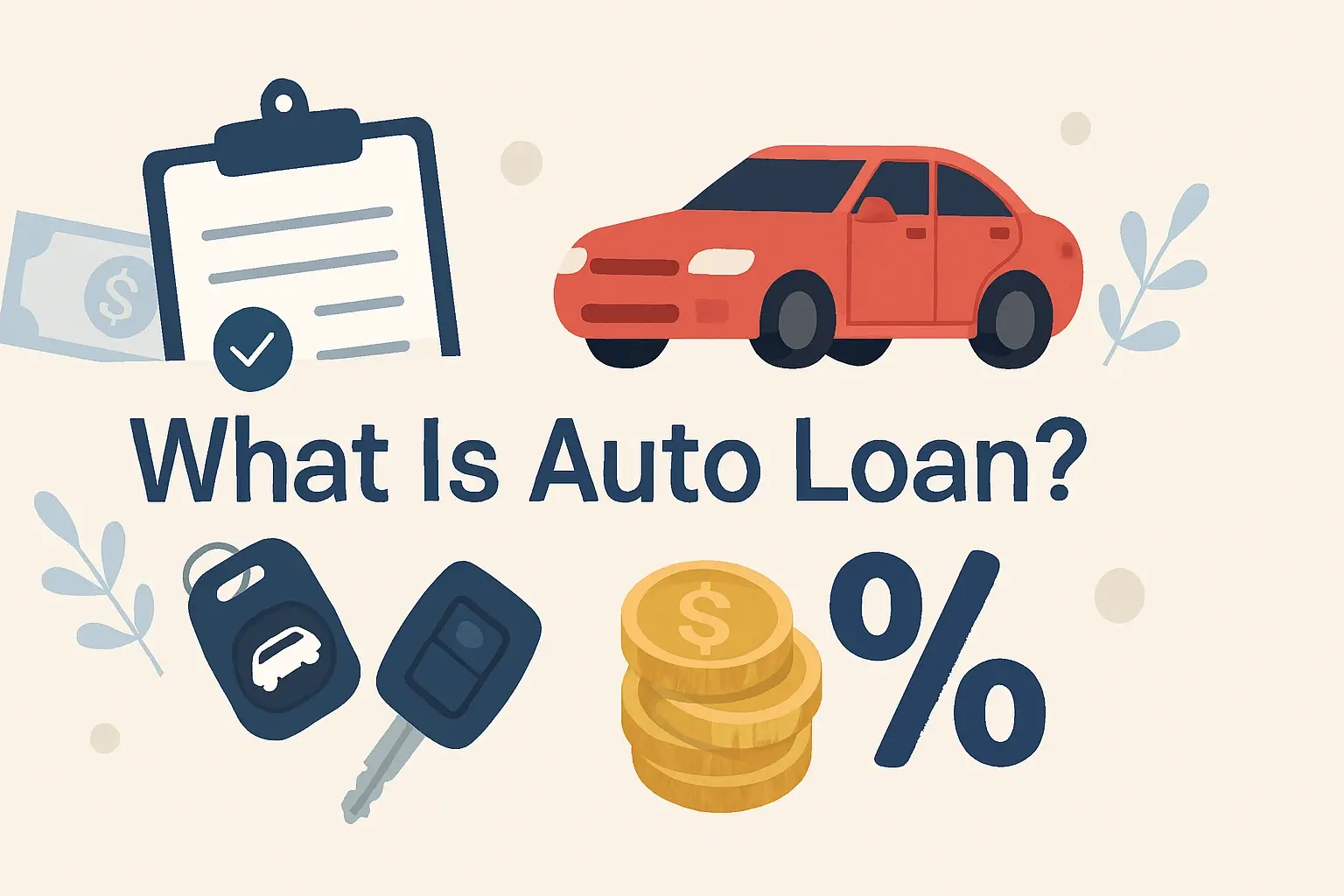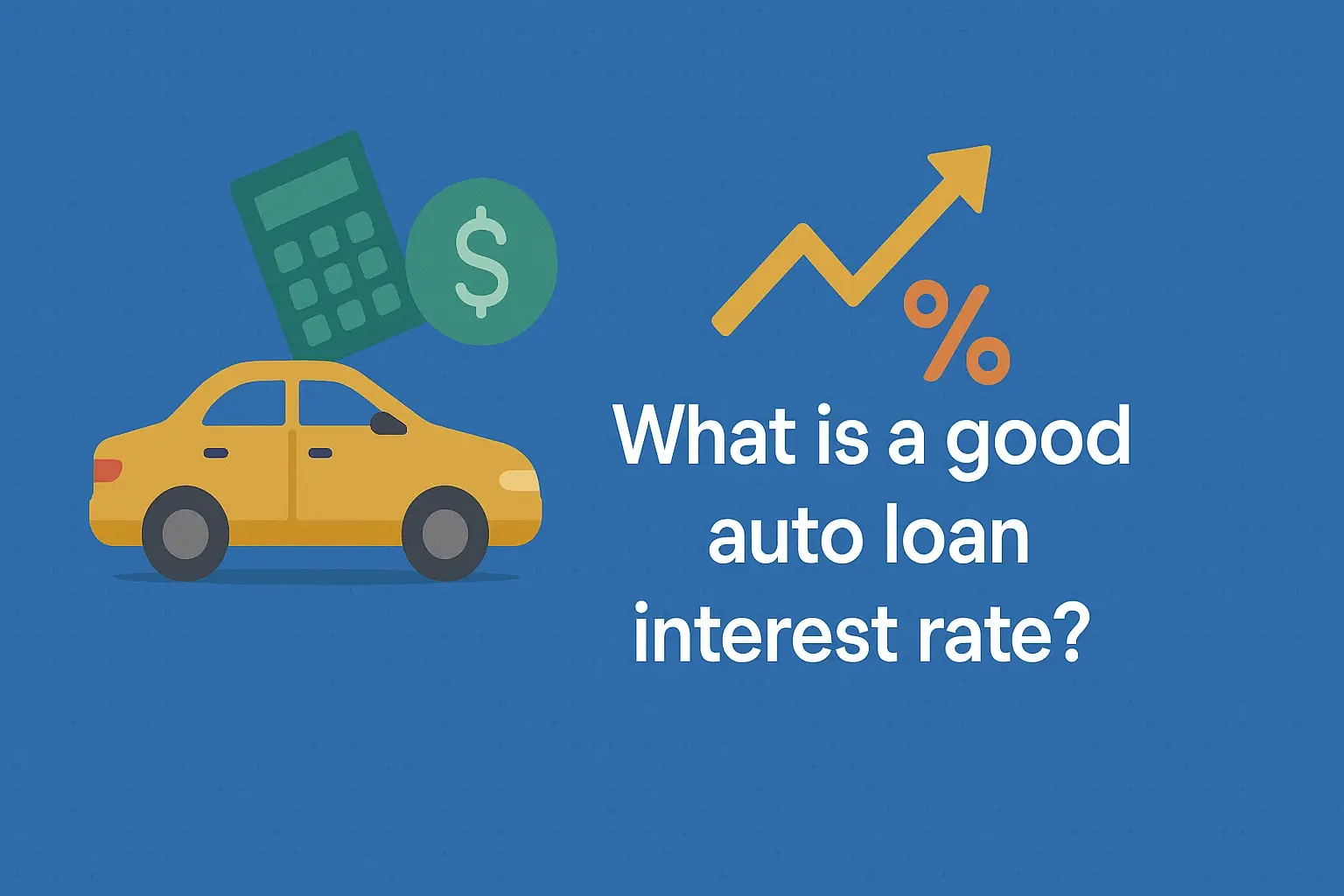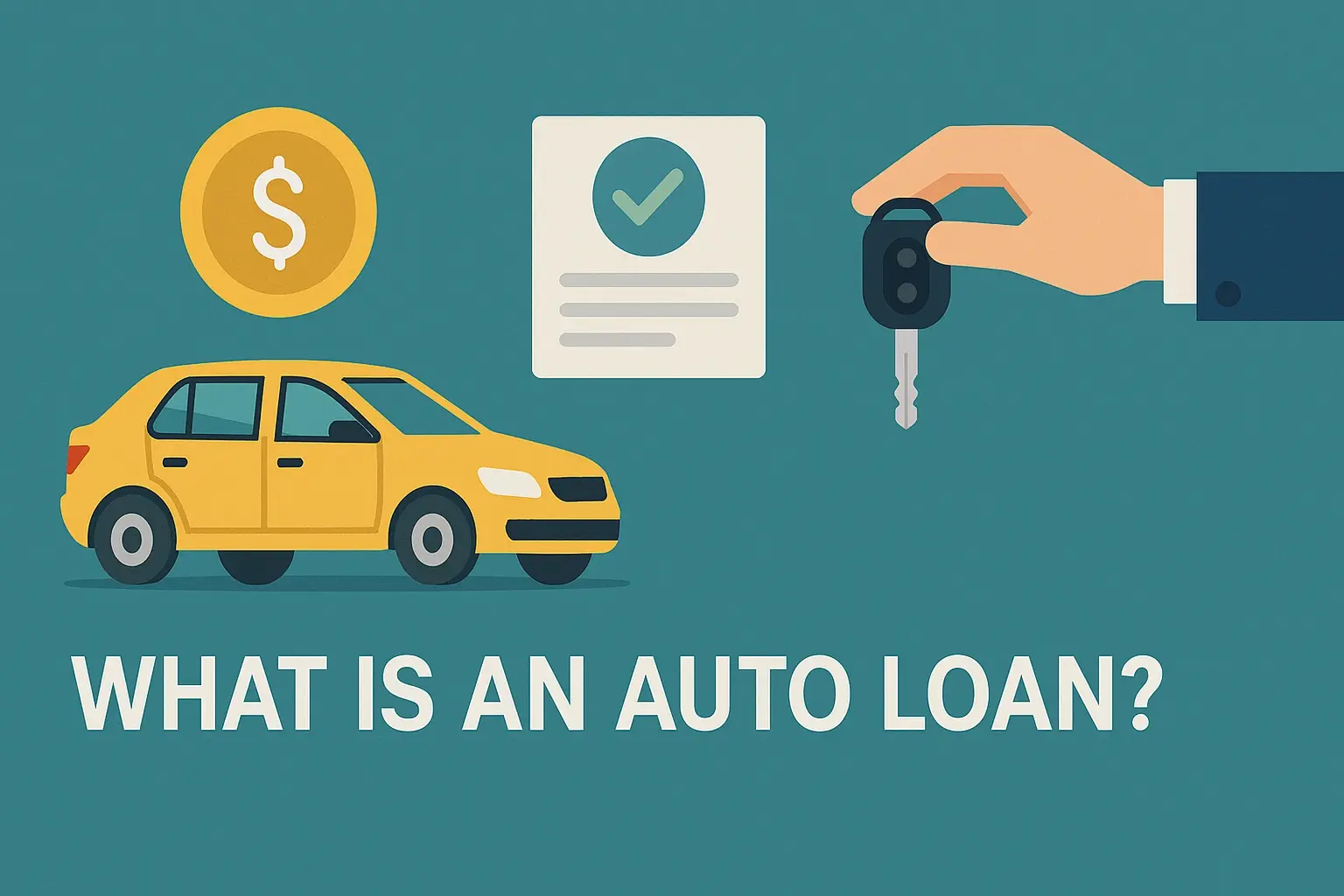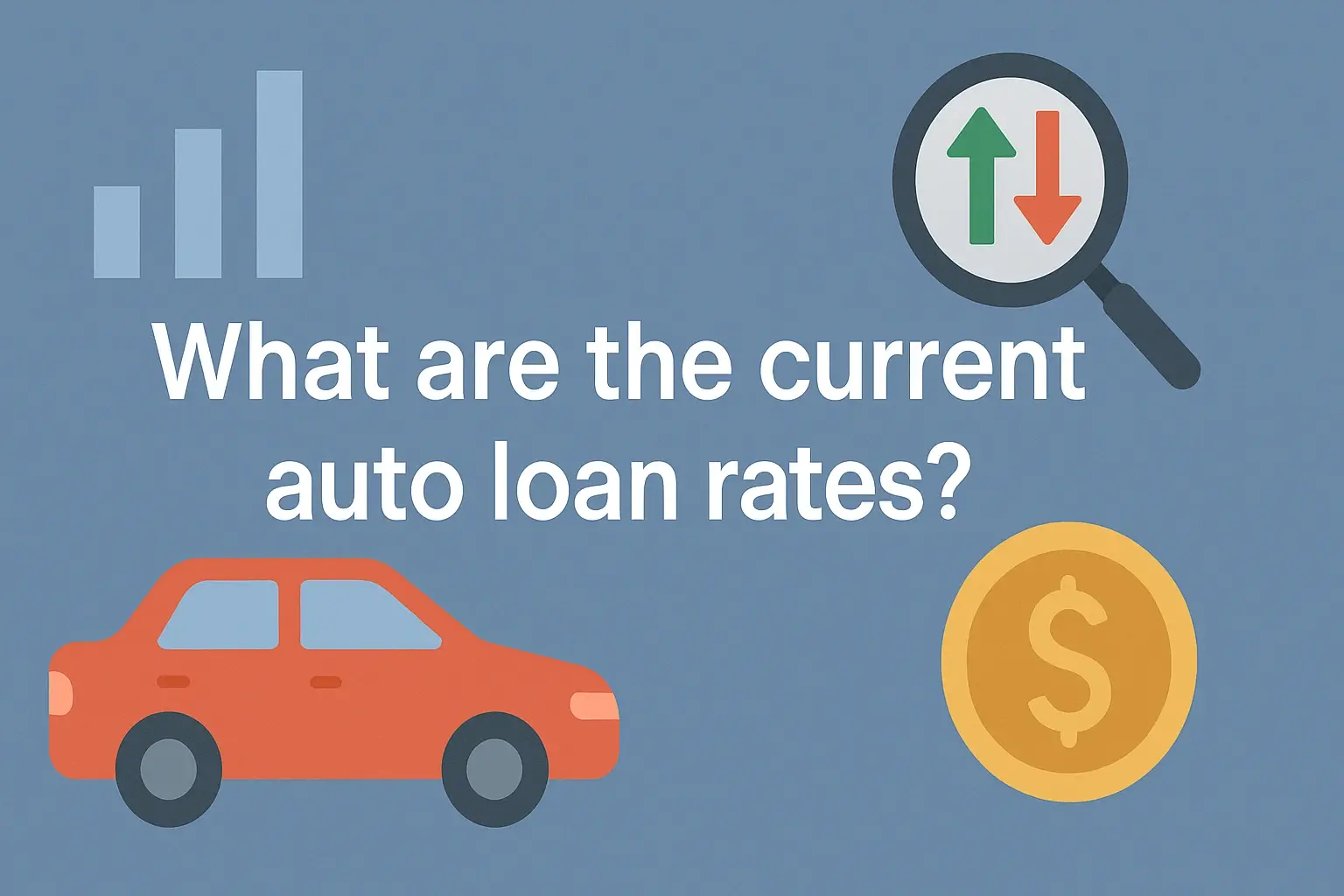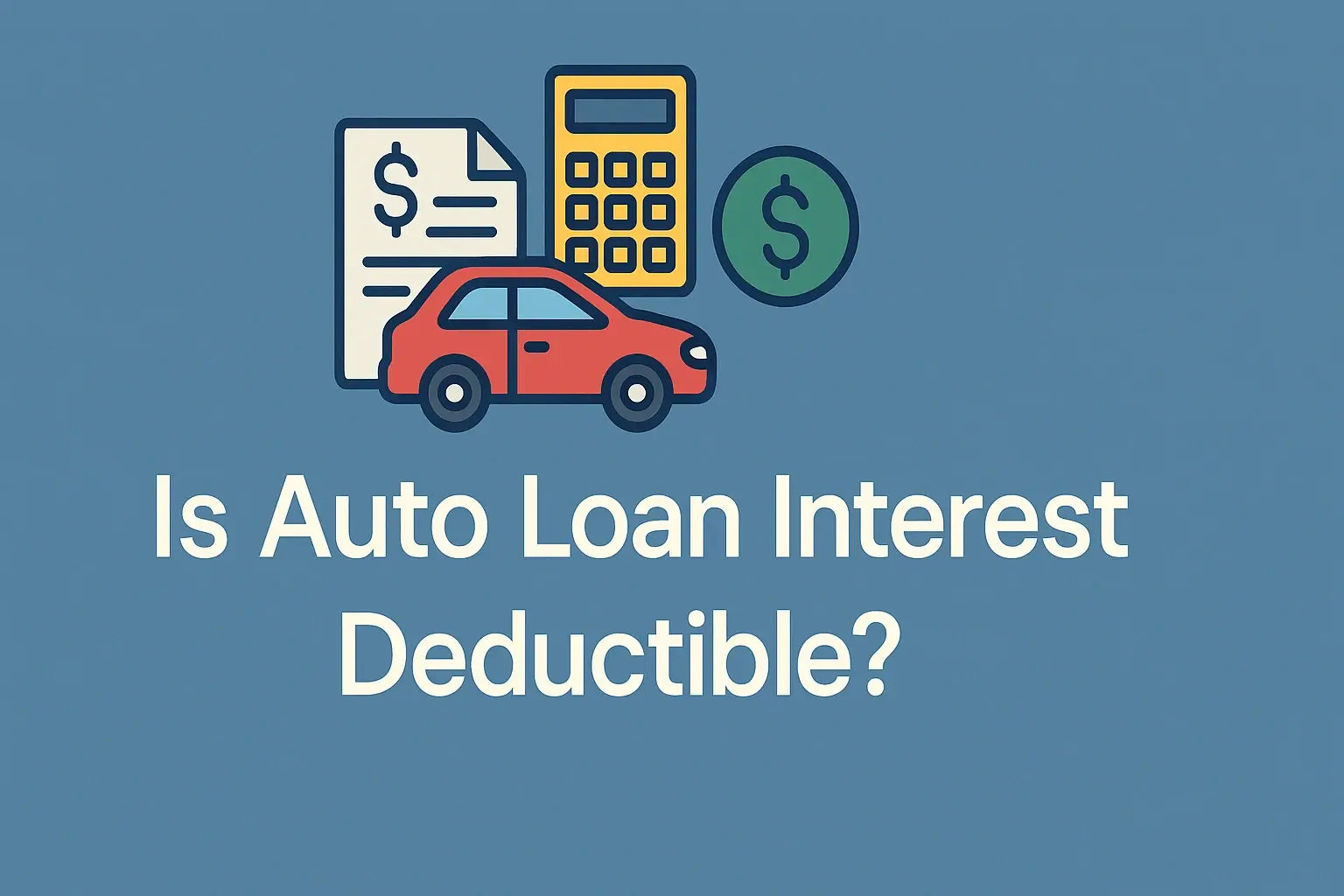Understanding the Credit Score Landscape
Credit scores are numerical representations of your creditworthiness. Lenders use these scores to assess the risk of lending you money. A higher score indicates a lower risk, making you more likely to be approved for loans and credit cards with favorable terms. Conversely, a very very bad credit score signals a high risk to lenders, significantly limiting your access to credit and increasing the cost of borrowing.
The two main credit scoring models are FICO and VantageScore. While both aim to predict credit risk, they use slightly different algorithms and data sources. Understanding the general score ranges for each model is crucial to gauging where you stand and what challenges you might face.
FICO Score Ranges:
- Exceptional: 800-850
- Very Good: 740-799
- Good: 670-739
- Fair: 580-669
- Poor: 300-579
VantageScore Ranges:
- Excellent: 750-850
- Good: 700-749
- Fair: 650-699
- Poor: 550-649
- Very Poor: 300-549
Defining a "Very Very Bad" Credit Score
Generally, a credit score below 500 (on either FICO or VantageScore) is considered a "very very bad" or "extremely poor" credit score. While the official "Poor" range in FICO extends up to 579, consistently scoring below 500 indicates significant credit challenges and severely limits financial opportunities.
This level of poor credit is usually the result of serious credit issues, such as bankruptcy, multiple missed payments, defaults on loans, or accounts sent to collections. It's a strong signal to lenders that you have a history of not fulfilling your financial obligations.
The Severity of Scores Under 500
A score this low isn't just "bad," it's often categorized as deeply concerning by lenders. It signifies that you've likely made several significant financial missteps that have seriously damaged your creditworthiness. Reaching this point requires a serious and proactive effort to repair the damage and rebuild trust with creditors.
The Consequences of a Very Very Bad Credit Score
Having a credit score in this range comes with a host of negative consequences that can affect various aspects of your life. Here's a breakdown of the most significant impacts:
- Difficulty Obtaining Credit: This is perhaps the most direct consequence. Most lenders will automatically reject applications for loans, credit cards, and mortgages from individuals with very low credit scores. The perceived risk is simply too high.
- High Interest Rates: Even if you *are* approved for credit (usually through specialized lenders catering to high-risk borrowers), you'll be subject to extremely high interest rates. These rates can significantly increase the total cost of borrowing, making it difficult to pay off the debt and potentially leading to a cycle of debt.
- Limited Housing Options: Landlords often check credit scores as part of the tenant screening process. A very low score can make it difficult to rent an apartment or house, forcing you to pay higher security deposits or seek co-signers.
- Higher Insurance Premiums: In many states, insurance companies use credit scores to determine premiums. A lower score can lead to significantly higher car insurance rates, and even impact homeowner's insurance premiums.
- Difficulty Getting a Job: Some employers, particularly those in the financial sector or those requiring security clearances, conduct credit checks as part of the hiring process. A very bad credit score can raise concerns about your reliability and financial responsibility, potentially hindering your job prospects.
- Utility Deposits: Utility companies (electricity, gas, water) may require a larger deposit from individuals with poor credit to protect themselves against non-payment.
- Difficulty Obtaining a Cell Phone Plan: Similar to utilities, cell phone providers may require a deposit or deny service to those with very low credit scores.
Common Causes of Extremely Low Credit Scores
Understanding the root causes of your poor credit is the first step towards addressing the problem. Here are some of the most frequent reasons why someone might have a credit score below 500:
- Bankruptcy: Filing for bankruptcy has a significant negative impact on your credit score and can remain on your credit report for several years (7-10 years depending on the type of bankruptcy).
- Multiple Missed Payments: Consistently missing payments on credit cards, loans, or other bills is a major red flag for lenders. The more frequently you miss payments, and the longer you go without paying, the greater the negative impact.
- Defaulted Loans: Defaulting on a loan (failing to make payments as agreed) is a serious credit event. The lender may sell the debt to a collection agency, further damaging your credit.
- Collections Accounts: When a debt is sent to collections, it indicates that you have failed to pay a creditor, and they have given up on collecting the debt themselves, instead handing it over to a third-party debt collector. This has a significant negative impact on your credit score.
- High Credit Utilization: Maxing out your credit cards (using a large percentage of your available credit limit) can lower your credit score, even if you make your payments on time. Credit utilization is a significant factor in credit score calculations.
- Judgments: If you are sued and a judgment is entered against you in court, it can appear on your credit report and negatively impact your score.
- Tax Liens: Unpaid tax liens can also appear on your credit report and lower your credit score.
Rebuilding Your Credit: A Path to Recovery
Rebuilding credit from a very very bad score is a challenging but achievable process. It requires patience, discipline, and a strategic approach. Here's a step-by-step guide:
- Check Your Credit Reports: Obtain copies of your credit reports from all three major credit bureaus (Equifax, Experian, and TransUnion). You can do this for free once a year at AnnualCreditReport.com. Carefully review each report for errors, inaccuracies, or outdated information.
- Dispute Errors: If you find any errors on your credit reports, dispute them with the credit bureaus. You'll need to provide documentation to support your claim. The credit bureau is required to investigate the dispute and correct any verified inaccuracies.
- Address Outstanding Debts: Focus on paying down outstanding debts, starting with the ones with the highest interest rates or those that are in collections. Consider debt consolidation, debt management plans, or debt settlement as potential options, but be aware of the pros and cons of each.
- Become an Authorized User: Ask a trusted friend or family member with good credit to add you as an authorized user on their credit card. This can help you build credit history, but make sure they are responsible users, as their payment behavior will also affect your credit.
- Get a Secured Credit Card: A secured credit card requires a cash deposit as collateral. It's a good option for individuals with bad credit who are looking to rebuild their credit history. Make sure to use the card responsibly and pay your balance on time each month.
- Consider a Credit Builder Loan: A credit builder loan is a loan designed to help people with bad credit build a positive payment history. The money is often held in an account and released to you after you've made all the payments.
- Practice Responsible Credit Habits: This is the most important step. Pay all your bills on time, every time. Keep your credit utilization low (below 30% of your available credit limit). Avoid opening too many new accounts at once.
- Be Patient: Rebuilding credit takes time and effort. It won't happen overnight. Be patient and persistent, and you will eventually see improvement in your credit score.
The Importance of Budgeting and Financial Planning
Rebuilding your credit isn't just about fixing past mistakes; it's about establishing a solid foundation for future financial success. This starts with creating a realistic budget and developing a financial plan. Track your income and expenses, identify areas where you can cut back, and set financial goals. Learn to manage your money effectively to avoid future credit problems.
Products Designed for Those with Very Bad Credit
While access to mainstream financial products may be limited, there are some options available specifically for individuals with very bad credit:
- Secured Credit Cards: As mentioned previously, these cards require a deposit that serves as your credit limit. They report to the credit bureaus, allowing you to build or rebuild your credit with responsible use.
- Credit Builder Loans: These loans are designed to help you establish a positive payment history. Often, the loan proceeds are held in an account until you've made all the required payments.
- Subprime Auto Loans: These loans are available to individuals with poor credit, but they typically come with very high interest rates. Exercise caution and carefully consider whether you can afford the payments.
Important Note: Be wary of lenders who promise guaranteed approval or require upfront fees before providing a loan. These are often signs of predatory lending practices. Always do your research and read the fine print before committing to any financial product.
Avoiding the Pitfalls of Bad Credit: Prevention is Key
The best way to avoid the consequences of a very very bad credit score is to prevent it from happening in the first place. Here are some tips for maintaining good credit:
- Pay Your Bills on Time: Set up automatic payments or reminders to ensure you never miss a due date.
- Keep Credit Utilization Low: Aim to use no more than 30% of your available credit on each card.
- Don't Open Too Many Accounts: Opening multiple credit accounts in a short period can lower your credit score.
- Monitor Your Credit Reports Regularly: Check your credit reports for errors and signs of identity theft.
- Avoid Unnecessary Debt: Only borrow what you can afford to repay.
- Create a Budget and Stick to It: Effective budgeting can help you manage your finances and avoid overspending.
- Educate Yourself About Credit: Understanding how credit works is essential for making informed financial decisions.
